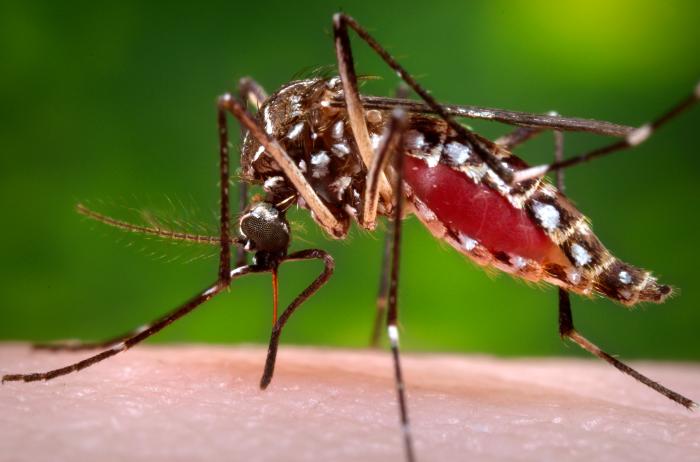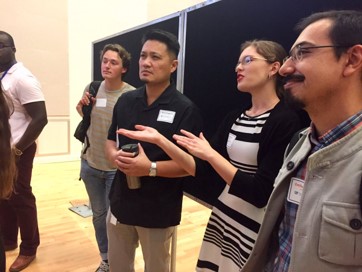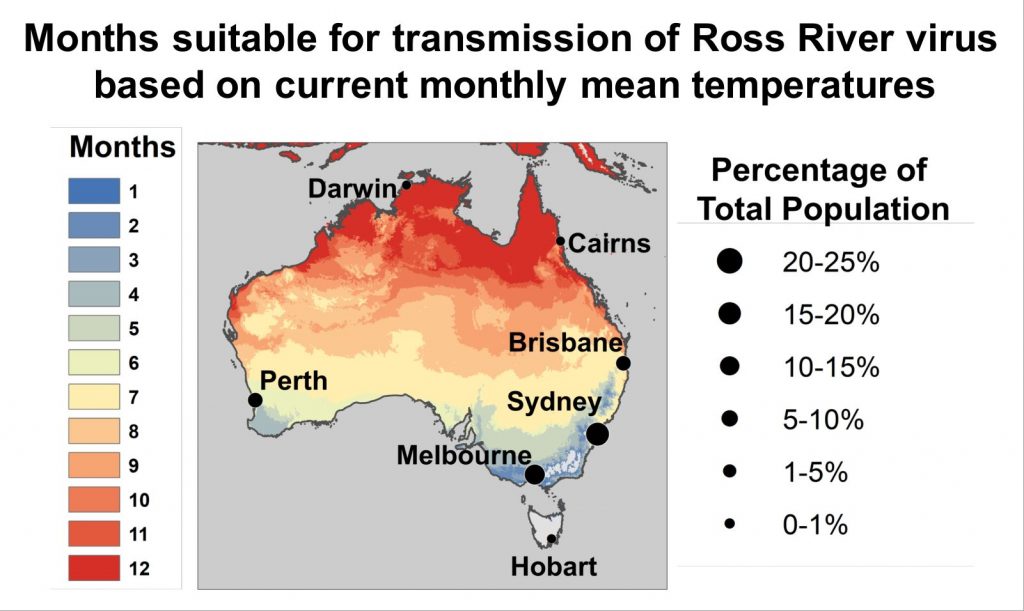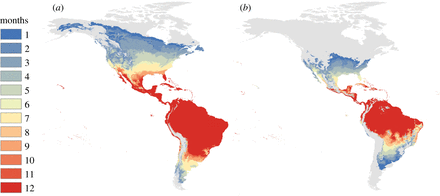Seasonal and geographic variation in insecticide resistance in Aedes aegypti in southern Ecuador
LIPPI, MUNDIS, RYAN, SIPPY – Seasonal and geographic variation in insecticide resistance in Aedes aegypti in southern Ecuador Sadie J. Ryan, Stephanie J. Mundis, Alex Aguirre, Catherine A. Lippi, Efraín Beltrán, Froilán Heras, Valeria Sanchez, Mercy J. Borbor-Cordova, Rachel Sippy, Anna M. Stewart-Ibarra , Marco Neira Article first published online: 10 JUN 2019 PLoS Neglected […]







